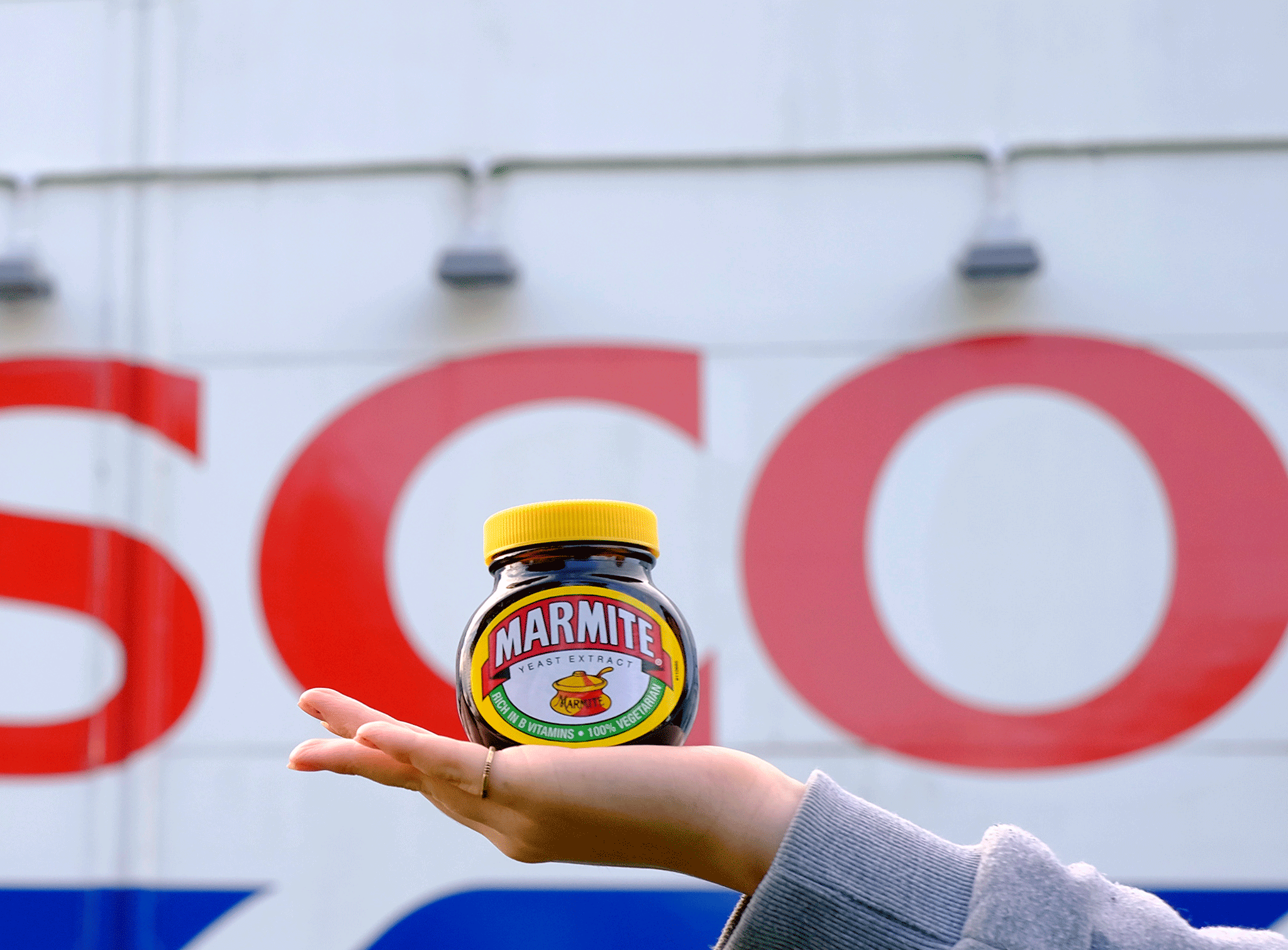The Brexiteers’ Marmite conspiracy theories exposed their utter ignorance of how markets really work
Despite the deluge of headlines it generated, there was actually nothing unusual about the process of a supermarket haggling with its supplier over prices


It’s the end of big supermarket shop. Your trolley is laden with groceries. Wearily, you heave it in the direction of the checkouts. You want to spend as little time as possible queuing to pay so when you come to the rows of tills you naturally head to what looks like the shortest line.
When we sort ourselves in this instinctive way, the average wait for everyone is lower and customers are processed as efficiently as possible. There’s no need for any complex calculations or centralised co-ordination. By doing what’s right for ourselves we help everyone. This is Adam Smith’s “invisible hand” in action.
And that is how we often conceptualise markets. As consumers we respond to changes in prices and supply responds to shifts in demand. It all happens naturally and fluidly, creating a kind of spontaneous order. Yet, while it is true that markets can sometimes work in that almost magical textbook way, more often than not they don’t.
Last week’s stand-off between Unilever and Tesco over the supplier’s proposed price hike for Marmite showed us how markets tend to function in reality.

First, some background. When a nation’s currency suddenly falls in value, as the pound has since the Brexit vote, imports cost more. This means prices in the shops will inevitably rise. Most people can grasp that simple, frictionless, model. Yet the Marmite affair highlights that there are many other economic factors involved and that things are (rather like the polarising “yeast extract” itself) stickier in practise.
Marmite is manufactured in Burton upon Trent. This fact prompted provoked accusations of “profiteering” from some Tory MPs and right-wing newspapers. “How can a falling pound justify a price hike for a UK-made product?” they demanded to know. Some suggested that this must be a plot by Anglo-Dutch Unilever to discredit Brexit.
But Unilever does not solely manufacture Marmite. It has reduced its transaction costs and increased its profit margins by bringing a wide range of consumer products into a single multinational business. And as the owner of a whole range of popular brands it has “market power”. It doesn’t simply have to accept whatever its customers are willing to pay. It “administers” its own prices.
Whether or not the cost of producing Marmite itself has become more expensive due to the plunging pound, Unilever calculates that the sterling depreciation will ultimately increase its overall costs and it wants to pass on these higher costs to its supermarket clients.
But Tesco, too, has market power. It is not a pure “price taker” from mighty suppliers like Unilever. Lots of people go to supermarkets and many of them go to Tesco. Unilever has a strong interest in its products being available there.
Tesco obviously doesn’t want to pay more for its products from its suppliers and, since it is engaged in a brutal price war with other supermarkets, it also doesn’t want to pass on the higher cost to its customers. So what can Tesco do?
What it apparently tried to do last week was to tell Unilever: “Unless you lower the price we will not stock your products”.
This was a gamble. The hardball tactic can work if a retailer stocks decent “substitutes” – customers can buy different sandwich spreads, different jars of mayonnaise or different laundry detergents if the Unilever ones are not available. But “brands”, like those produced by Unilever, don’t necessarily have substitutes. It’s not just the inimitable taste of a delicacy like Marmite but the “signal” of quality and reputation that such brands carry. Tesco’s gamble was that people wouldn’t drift off to different supermarket where they could get their preferred brands.
Tesco risked being undercut. Other supermarkets might have accepted Unilever’s higher prices but more than offset their increased costs by taking market share from Tesco.
This is how markets often work. Managements must make finely-balanced judgements about market power, consumer behaviour, competitive pressures and the value of brands. They must also respond rapidly to feedback signals from consumers.
This process all unfolded rather quickly in the case of Tesco and Unilever, with the two announcing they had come to terms within 24 hours of the stand-off becoming public. But despite the deluge of headlines and mass interest generated there was actually nothing unusual about the process of a supermarket haggling with its supplier.
This is why the profiteering claims of the Brexiteers against Unilever were so risible. The hysteria and conspiracy theories merely demonstrated the shallowness of their understanding of the way markets actually work.
Join our commenting forum
Join thought-provoking conversations, follow other Independent readers and see their replies
Comments
Bookmark popover
Removed from bookmarks